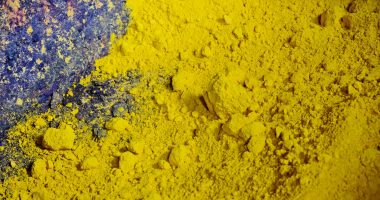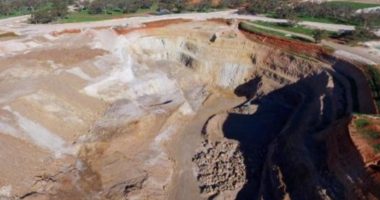Apologies for the lack of a wrap last week, I was busy moving apartments. I’ve missed a lot, though, not really that much. The biggest ticket item is that now the US Presidential election race has a new blue rep, Kamala Harris. That she would end up replacing Joe Biden was fairly obvious.
The centre-left Harris is unlikely to introduce any measures wildly anti-business, but talk of rent controls and minimum wage increases have fired up obvious rabble. Relative silence on her more in-depth and exact economic policy platform is likely a thing of strategy, as policymakers close up any loopholes the GOP could sink their teeth into.
In the UK, the BoE cut rates overnight – the first decision underneath the new Starmer Labor government. The FTSE ended up red, though, if you look at the TSX, that bourse is up nearly 4% MoM, suggesting June’s rate cut pivot is starting to feed through and partially responsible for uplift.
The Fed also held rates earlier this week, nothing has really changed with a view towards expectations of a September rate cut.
Copper struggled through Week 30 and into Week 31, sunk on fears demand expectations YTD were overwrought. The final nail in the coffin was the Chinese Third Plenum; yet another Chinese whole-of-government event that failed to stimulate any excitement, at all, from world markets.
I’ve already written about that, so I’ll leave it there. Crude oil prices also took a hit. The YoY gain for copper as of Monday 29 July was less than 6%, a shadow of its former reading earlier this year.
Australians are all thinking about the RBA and its early-August meeting, effectively an interest rate decision. While Australian trimmed mean inflation dipped to 3.9%, it’s worth being cautious. Analysts predicted that a rise over 4% would have guaranteed a rate hike, but the difference between 3.9% and 4.1% is…well, it doesn’t leave a lot of room to fit a new couch sideways.
Consider also Australian manufacturing inflation increased in the latest data we got on Friday, too. And given that housing supply is guaranteed to remain pretty much screwed until the 2030’s, it’s not clear how rental and property-driven inflation is going to subside.
So will there be a rate hike in August? The market doesn’t seem to think so, but personally, I’m a little nervous. In the background: coking coal exports to China fell in -13% in Q2 and iron ore exports fell -9% as the world’s second largest economy remains troubled.
There’s one more item on the agenda that ASX traders should probably be aware of: Australia is intending to upgrade its JORC code legislation to make it even more difficult for companies to dance around the edges of regulation.
One observer quoted by Bloomberg believes the changes will stop companies from making up terminology to describe their geological finds, a dogwhistle which anyone familiar with microcap explorers will understand clearly.
Commodities
- Copper bull run unravels following Third Plenum yawnfest
- Deep-sea mining could come down to an election in the tiny nation of Kiribati
- JORC code to get tougher on explorers making wild claims
Australian Economy
- Whether RBA will hike interest rates in August basically 50/50
- Australian inflation comes in-line with expectations – but still too high for RBA
- Albanese’s stage 3 tax cuts, wage rises, negligible in face of RBA rate hike: Deloitte
- Australian consumer remains under pressure as retail recession continues
International Economies
- Chinese manufacturing activity falls for third month in a row
- First Eagle Investments’ McLennan buying gold incase no US President tackles debt
- Subdued US factory activity causes Friday panic – despite showing rate hikes work
Australian Stocks
- Macquarie expects negative earnings downgrades to define August reporting
- Australian bank stocks’ gains not driven by fundamental support: Citi
- Liontown defies odds and prepares to produce lithium – but it needs Chinese help









